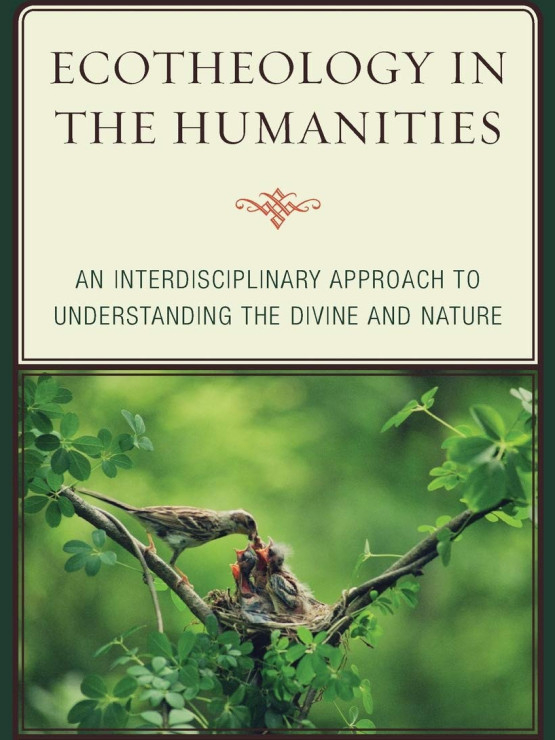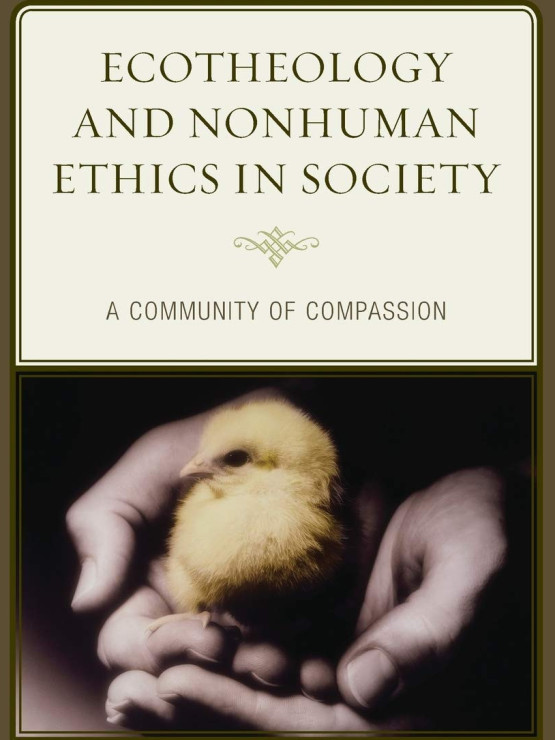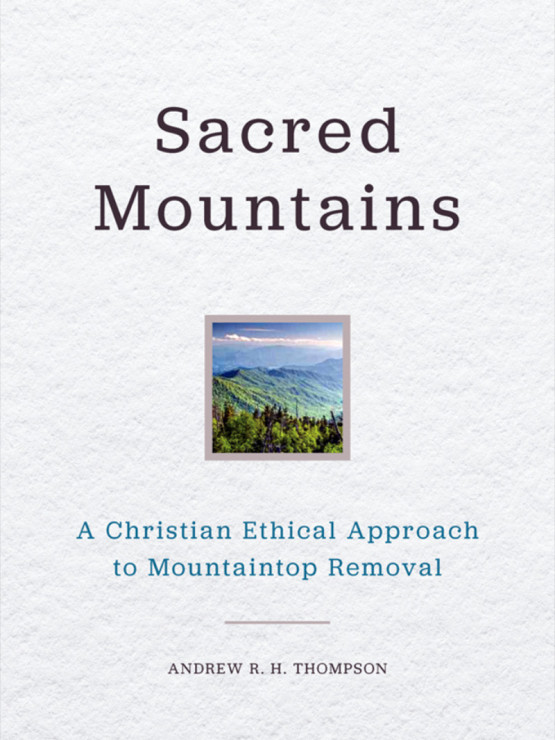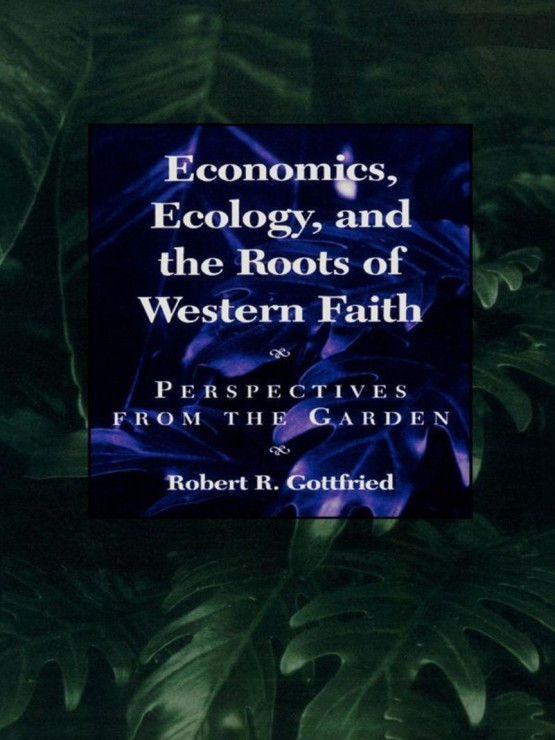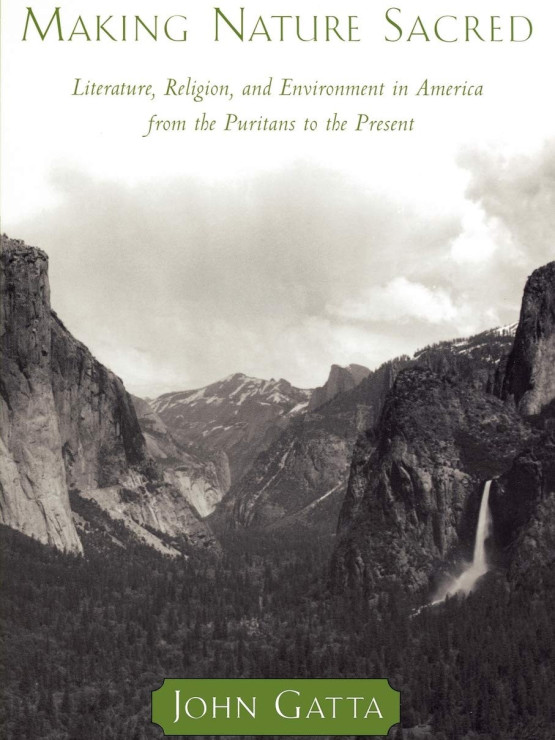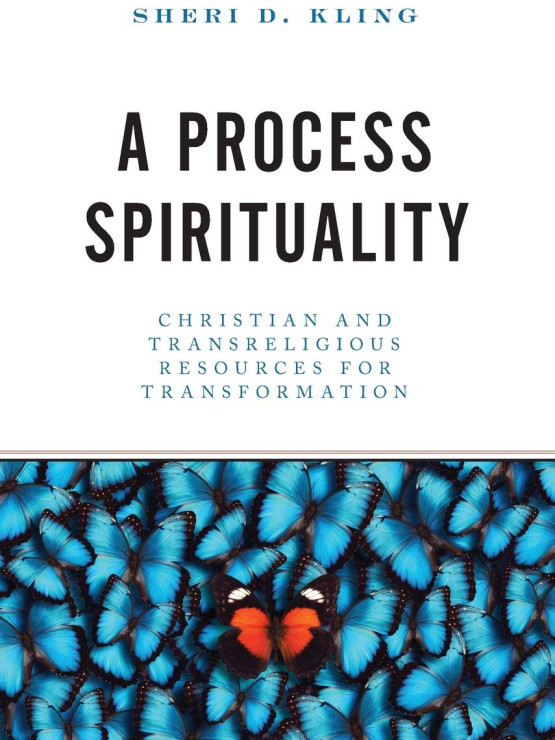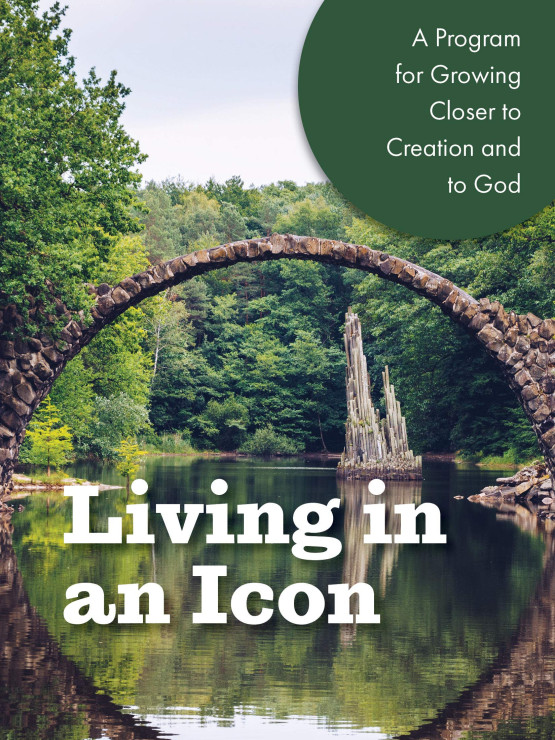
Living in an Icon
Living in an Icon, a program best suited for groups, yet suitable for personal practice, authored by Robert Gottfried and Fredrick Krueger. With a step-by-step approach, this book provides a framework integrating asceticism with the contemplation of nature. Each chapter contains a “take it home” section for applying the lessons learned outdoors to everyday life, connecting God and nature as seamless components of spirituality. Topics include gratitude, delight, appreciation, wonder, discernment, reverence, mortality, love, beauty, humility, silence, and hope. The facilitator guide, by Jerry Cappel and Robert Gottfried, assists persons who plan on leading Living in an Icon Programs.
